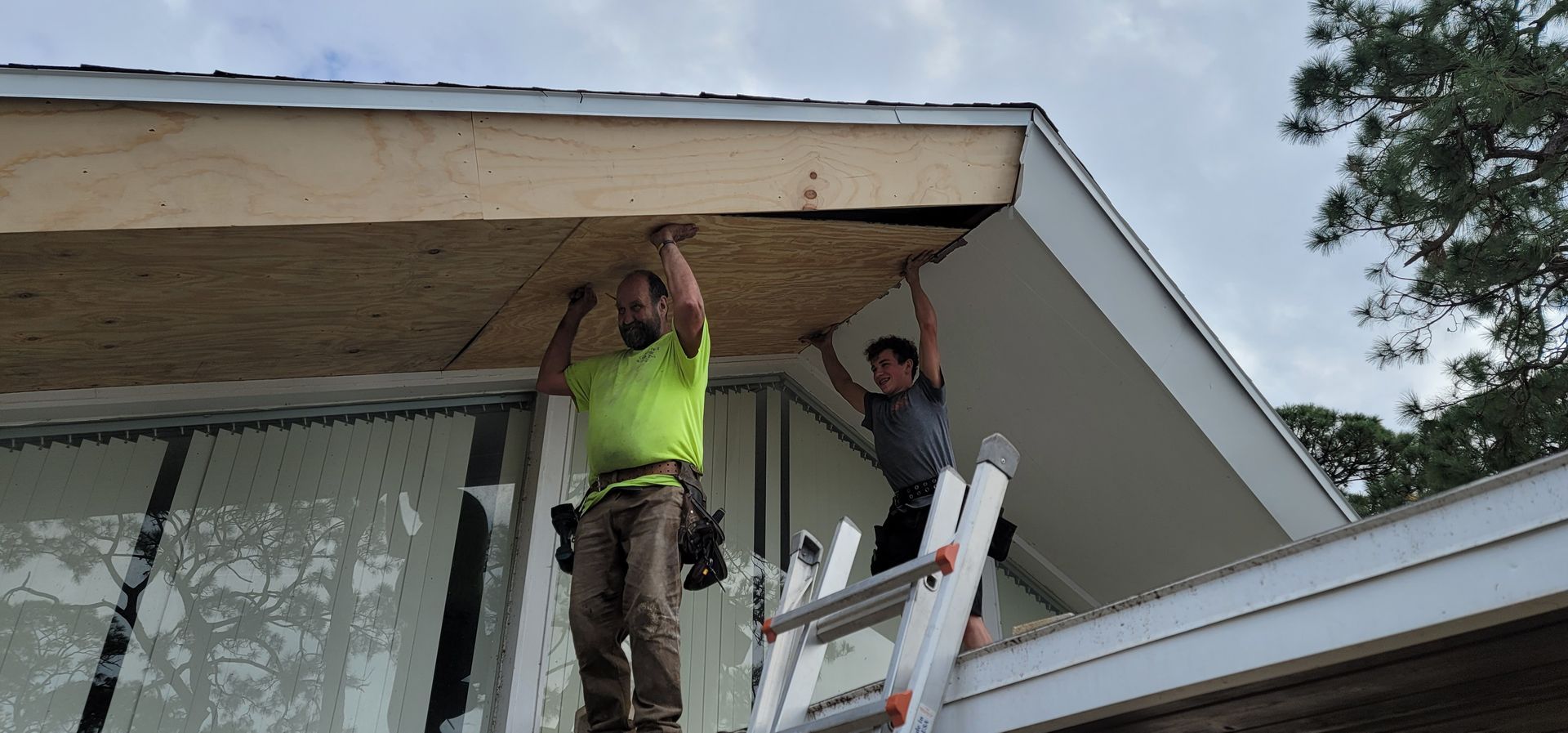Are Your Leaders Generators or Phantoms?
In my home, I have a cable box, just like most people, and that box is always on, even when the power is off. Day after day, it drains a small amount of power to keep its info current and ready to perform, which the industry refers to as phantom, or in some cases “vampire” power. The issue, of course, is that even if I am on vacation for a week, that box is still drawing power! On the other hand, I have one of those nifty portable power cells that can recharge my tablet or phone while I travel. Low on Power? Plug it in, and my device comes back to life! Some now even have solar or hand crank options so you can generate the power it provides.
Leaders can be like these devices. Some leaders hold onto all the information, control, and decision-making, rarely allowing authority to flow to new people or providing an opportunity for others to grow. These are real people, trying to advance the kingdom, and get ministry done, but their style of leadership makes it difficult for ministry to expand and for others to feel they can grow and develop their gifts and talents. Other leaders love to give their work away, encouraging the efforts of others, pouring themselves into the success of those around them. They are also working to further the kingdom, but these leaders see their energy multiplied and produce not only workers but other leaders.
One of the Natural Church Development (NCD) quality characteristics is Empowering Leadership. The concept is that good leaders invest in the developing and maturing other people to grow and become leaders. Paul’s words to Timothy say it this way; “And the things you have heard me say in the presence of many witnesses entrust to reliable men who will also be qualified to teach others.” (2 timothy 2:2) The idea is that leaders do not just lead workers, they pour themselves into the lives of those they lead, empowering them to lead and giving them the tools to share their knowledge and experience with still others, ever expanding the pool of gifted, called, talented and passionate leaders. Here are some practical steps:
- Think about your leadership style. Do you share info or guard it? Do you give away your ideas and work? Do you seek out people to do the job, or people to share the responsibility?
- Think about your church’s leadership culture. Do you require every single position to be a member, even if membership isn’t required? Are there places in your church where people could discover faith through service? How able are leaders to fulfill their responsibilities without getting permission from one or several individuals or groups?
- Think about church structure. Do you have term limits, so new people can experience leadership? Is it an expectation of leaders that they have apprentices that they intentionally mentor in their positions?
- Think about church systems. Do you have a system for helping people understand the faith and membership, including discovering their spiritual gifts? When you think about an open position, do you look for someone willing, or someone who is passionate and gifted to fulfill the task?
Empowering Leadership is not another program, it is a characteristic of a healthy church that must permeate every part of its activities. Are your leaders focused on equipping believers for ministry? Are you a generator or a phantom?
Mobilize wants to help your church get healthier! If you have a question about church health, growth, and vitality, send it to me at my email below. We want this space to inform and encourage church health, so let us know how we can help! If your church wants help getting healthier, or is interested in the Natural Church Development process we use to assess and promote church health, you can contact the Brethren Church National Office at 419-289-1708.










